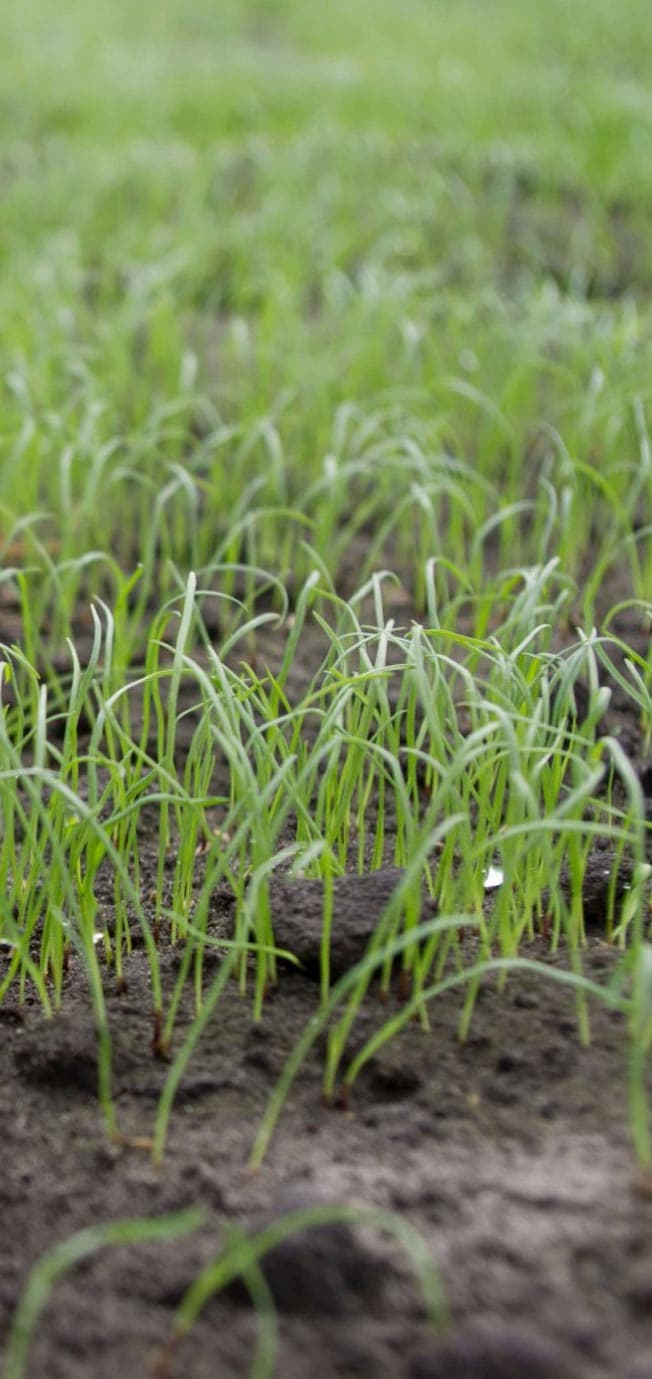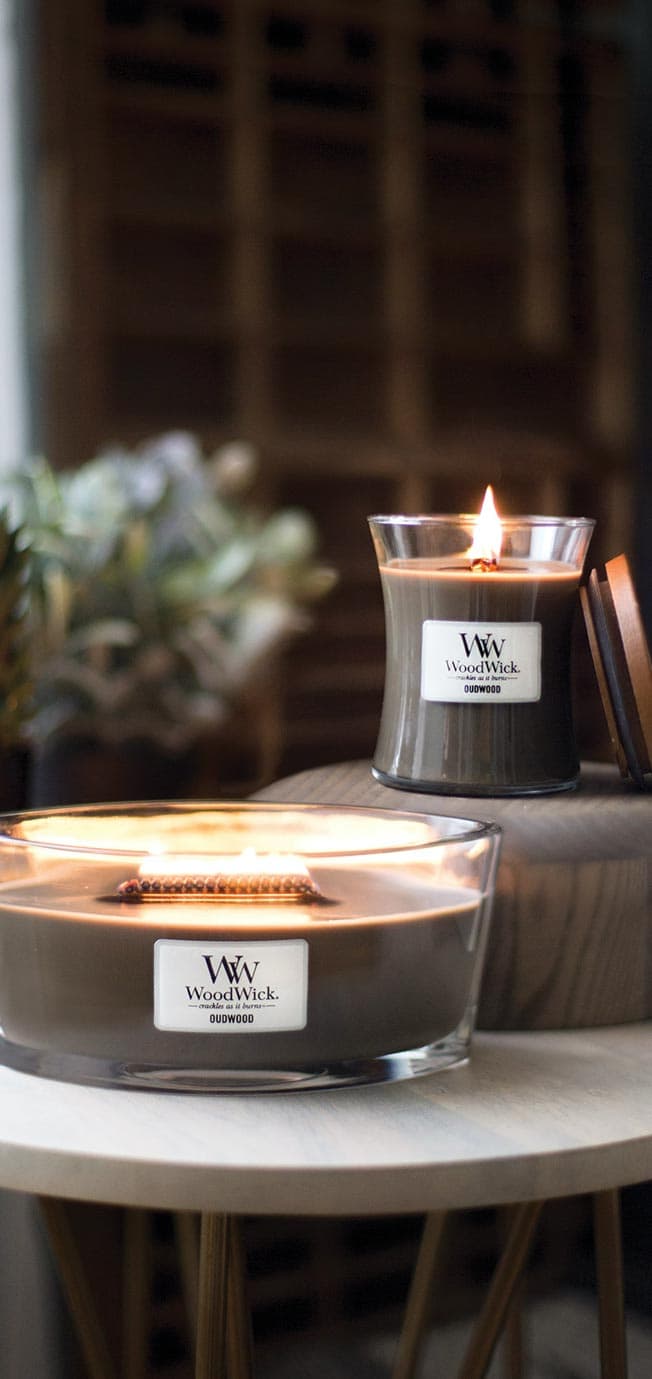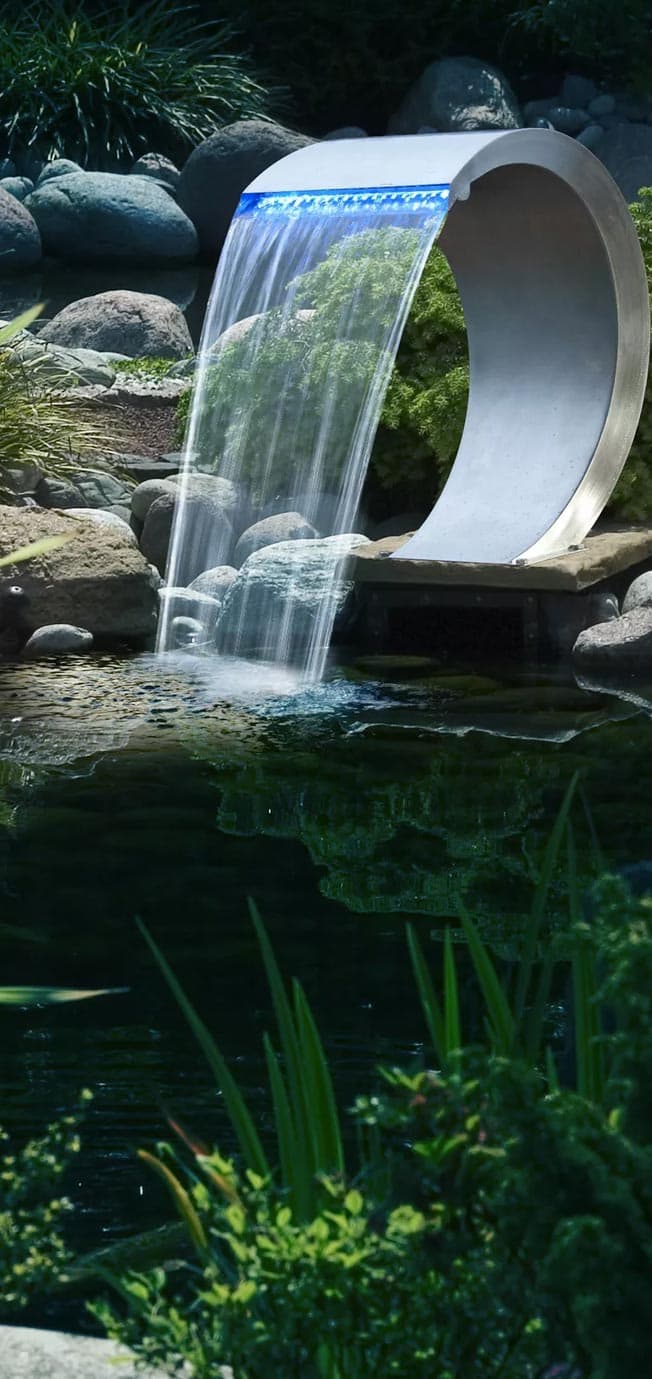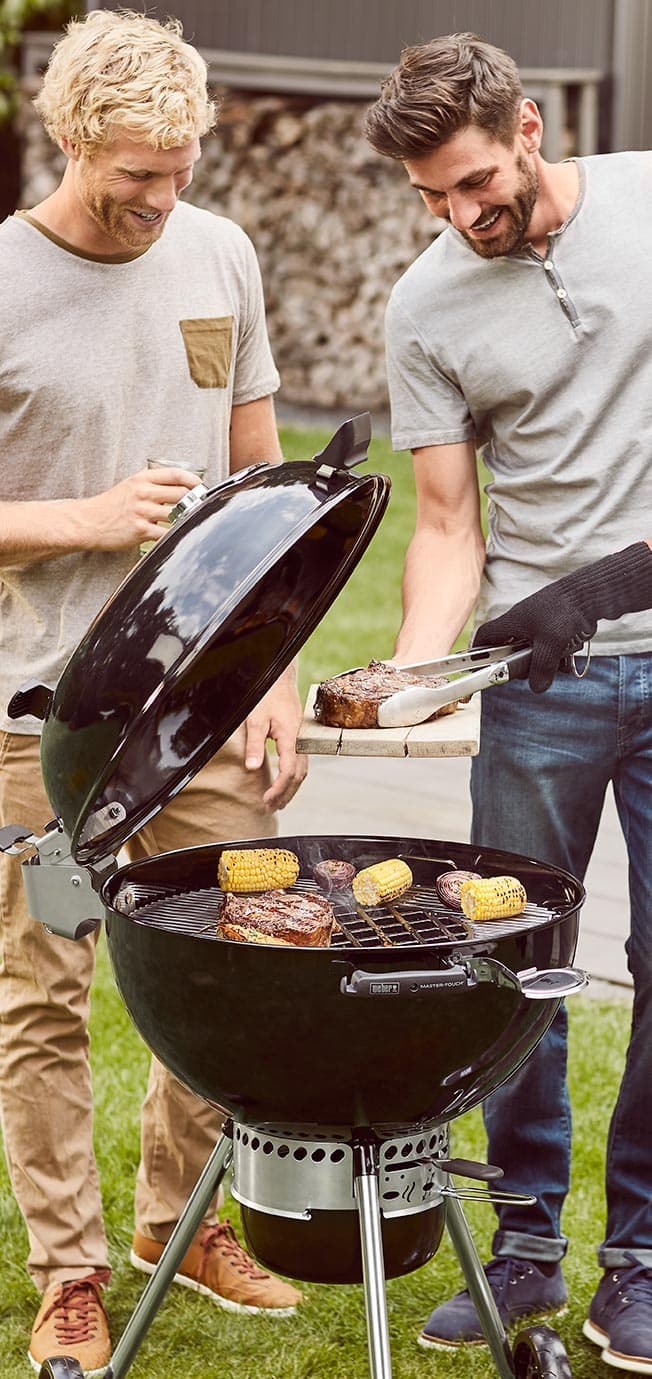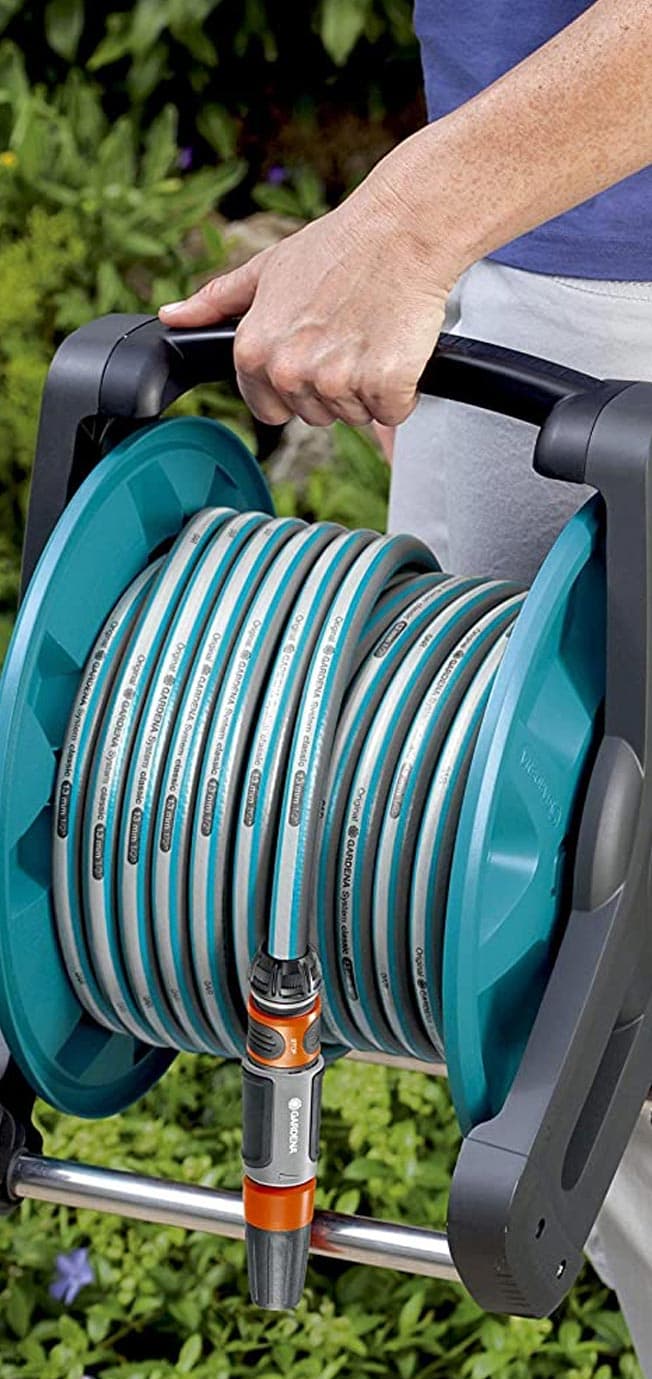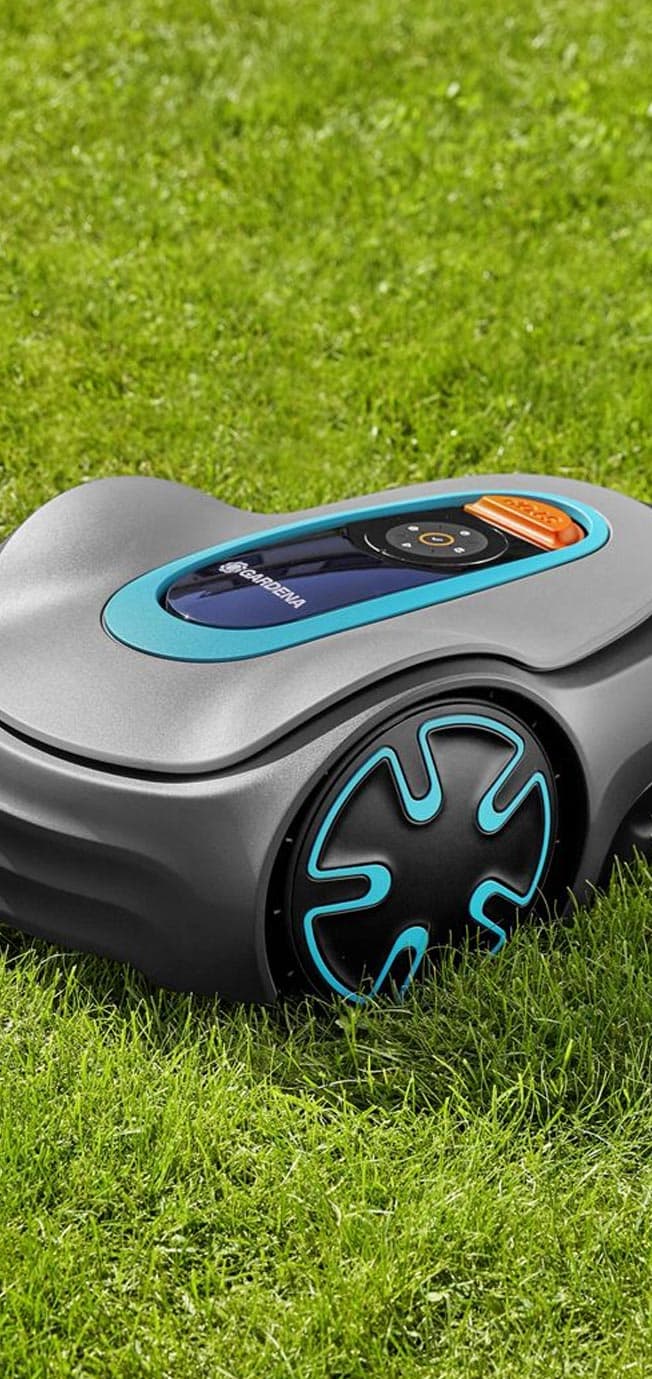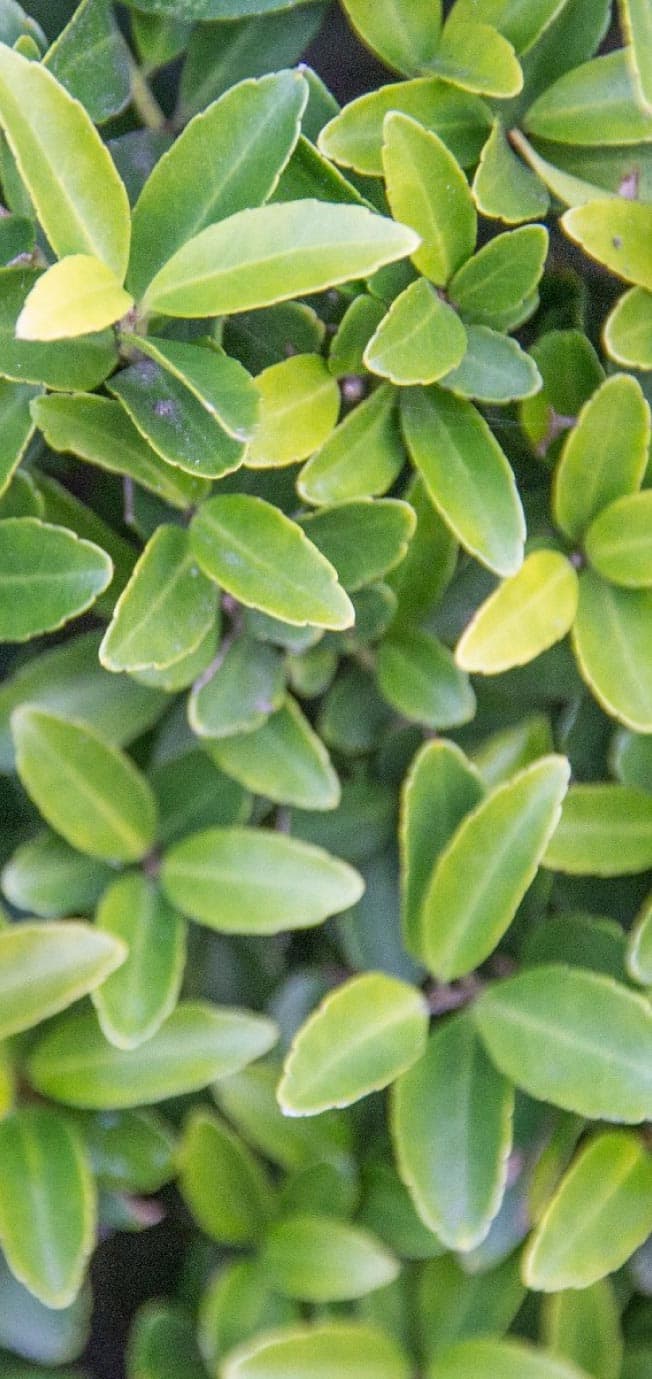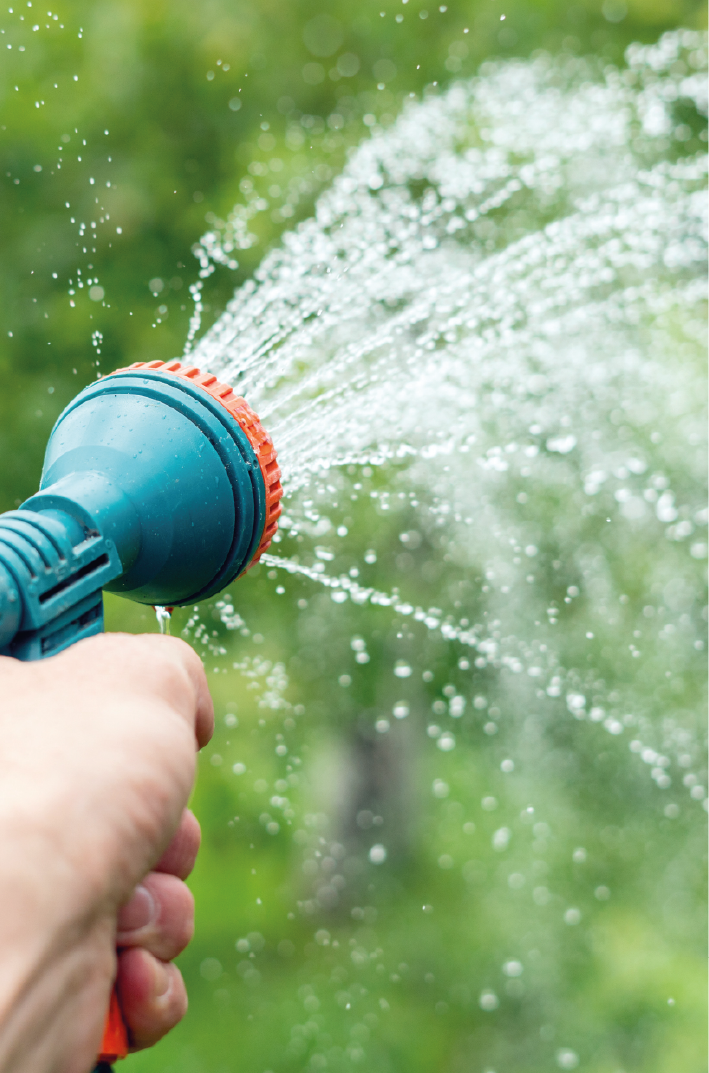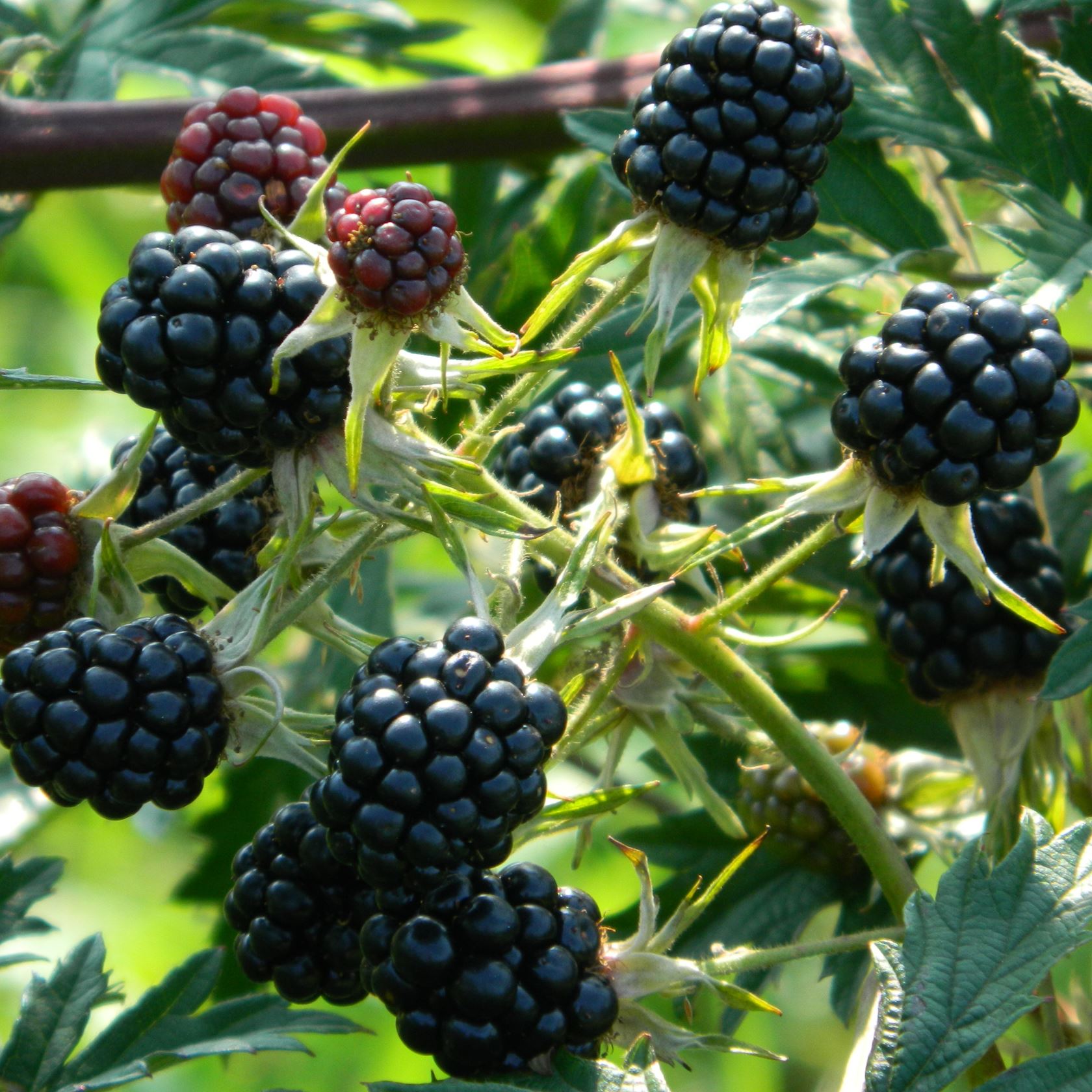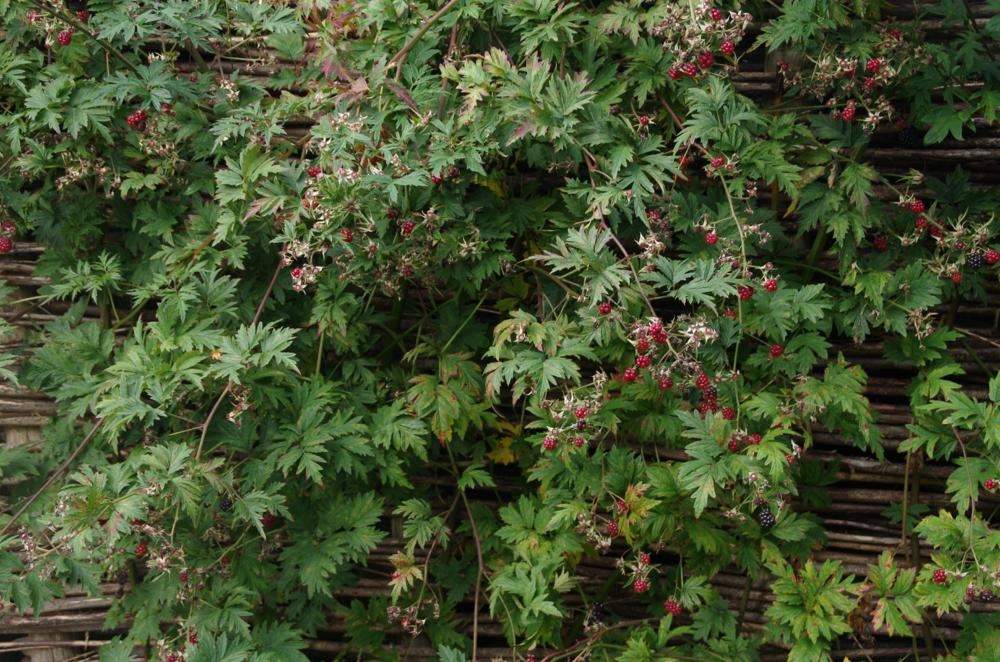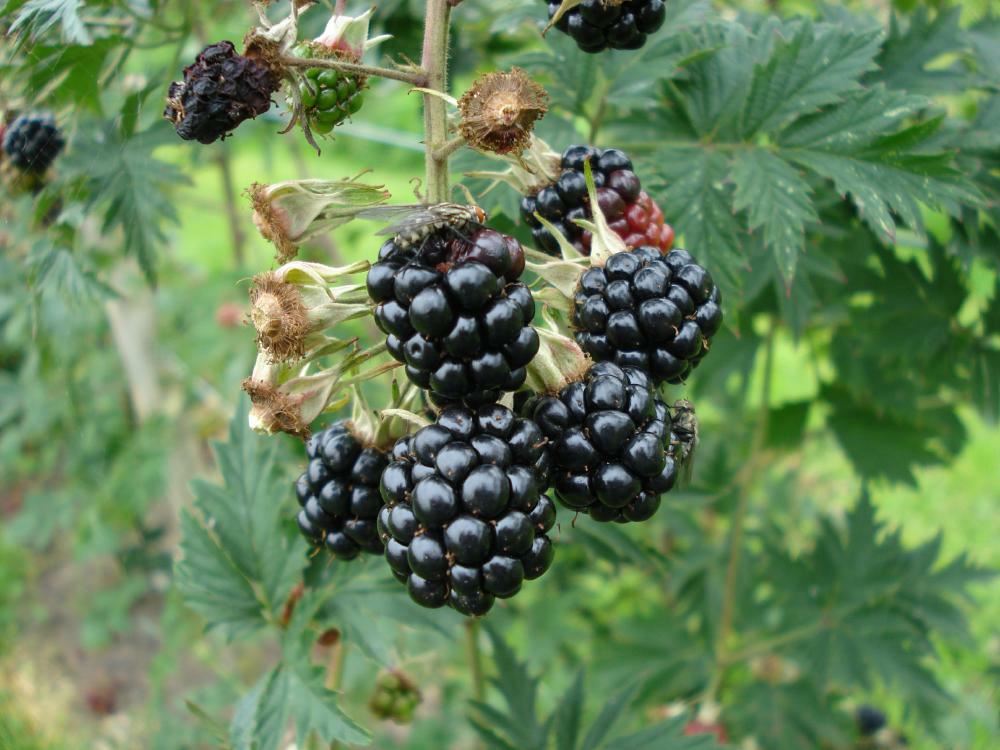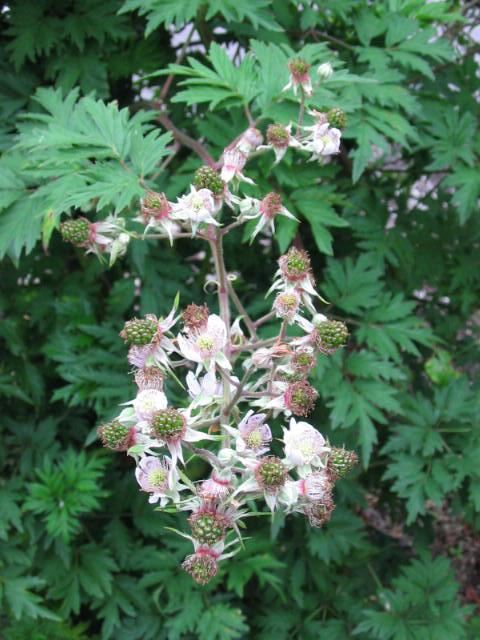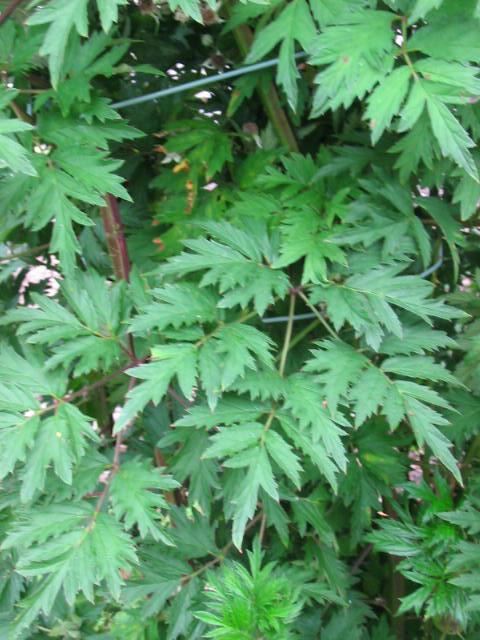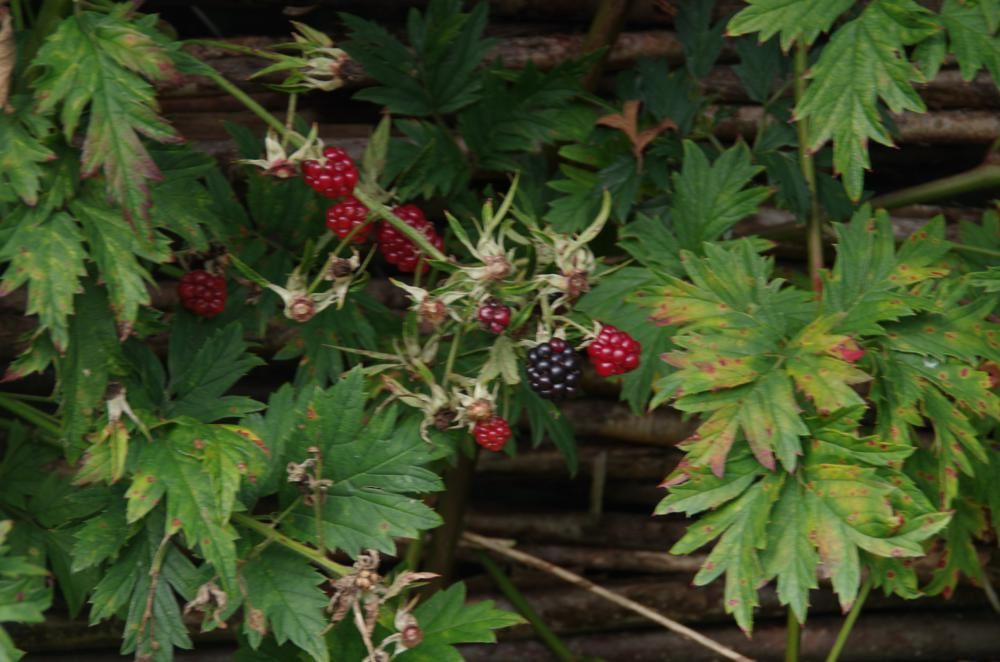Rubus fruticosus 'Thornless Evergreen' - pot
Doornloze braam
Product information "Rubus fruticosus 'Thornless Evergreen' - pot"
The thornless blackberry has no spines.
CULTIVATION TIPS:
The thornless blackberry is monoecious, so even from one plant we get fruits. The plant likes a place in the sun, with some shelter, but also in the semi-shade the blackberry does well. The fruits are harvested from August to late September.
Blackberries are mostly grown as an espalier.
After the harvest, so in September-October, we do a maintenance pruning:
- we prune away all the branches that have borne fruit -
we also prune away the young, damaged and weak branches, so that we have 6 to 8 annual branches per running meter -
up to a height of 40 cm we prune away all the side branches completely, above that we prune them back to 2 to 3 good buds -
the tied branches are pruned off to 10-15 cm above the top wire.
PROBLEM ADVICE:
If there is a lot of rain, fruit rot can occur.
Bramble mite can affect our blackberries. We notice this mainly by sucking damage to our berries, whereby the affected part of the fruit remains bright red. The affected berries dry up and remain on the plant. We can take preventive action by pruning immediately after harvest and removing the pruned wood. We should also regularly remove the dried fruit.
The blackberry blossom beetle can also affect our blackberries. The main symptoms are eaten young leaves, buds and flower stems (causing them to bend, dry out and sometimes fall off). The larvae are in the flower buds, so we should remove the affected buds as soon as possible. After the harvest it is best to remove old branches quickly.
Product specifications
| Application / use plant: | Unknown - n/a |
|---|---|
| Application / use plant - details: | Fresh consumption and processing |
| Bloom Month: | May, June |
| Bloom color: | White |
| Branches / Bark - details: | From the root neck spineless |
| Branches / bark: | Unknown - n/a |
| Flower color - details: | White |
| Frost hardiness - details: | Good (-23 to -18°c), usda zone 6 |
| Frost resistance: | Very good winter hardy |
| Fruit: | Berry-shaped |
| Fruit - details: | Moderately large, very robust |
| Full grown plant height: | 200-250 cm |
| Growth habit : | Unknown - n/a |
| Growth habit - details: | Moderate growth, few branched shoots |
| Humidity/Soil: | Moist soil |
| Latin plant family: | Rosaceae |
| Leaf / Foliage: | Green, Incised |
| Leaf / foliage - details: | Well deeply incised, graceful |
| Location: | Full sun |
| Location - details: | Preferably full sun |
| Maturity: | Mid-august to mid-september |
| Minimum growing height (in cm): | 200 |
| Plant characteristic: | Edible (fruit, leaf, flower), Small fruit, Climbing shrub or slate, Attracts birds, Fruit-bearing |
| Plant family: | Rose family |
| Synonym / Trade name: | Rubus 'Thornless Evergreen', Rubus fruticosus 'Blacky', Rubus fruticosus 'Brom-do-lo' |
| Taste: | Little aroma, if ripe->sweet,red. juicy |
| Winter foliage: | Losing leaf |
| maximal growth height (in cm): | 250 |
| type of crop: | Fruit |
| type of soil: | Calcareous soil, Clay soil (calcareous), Normal soil |
| type of soil / ground - details: | Any good garden soil |
Pictures of this plant
Reviews
Login

